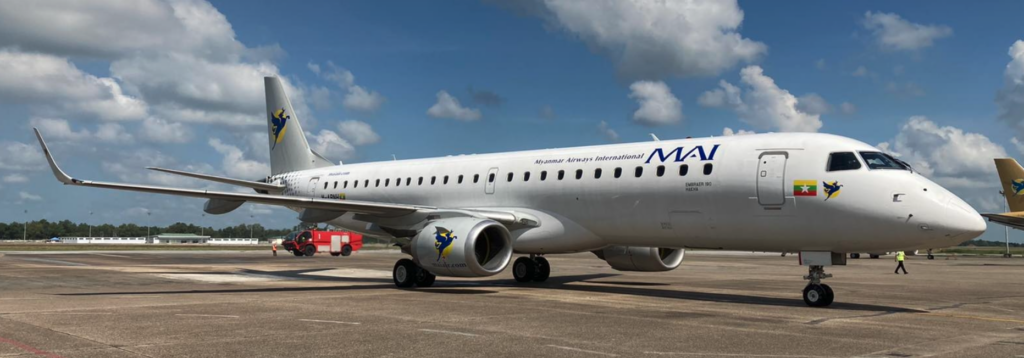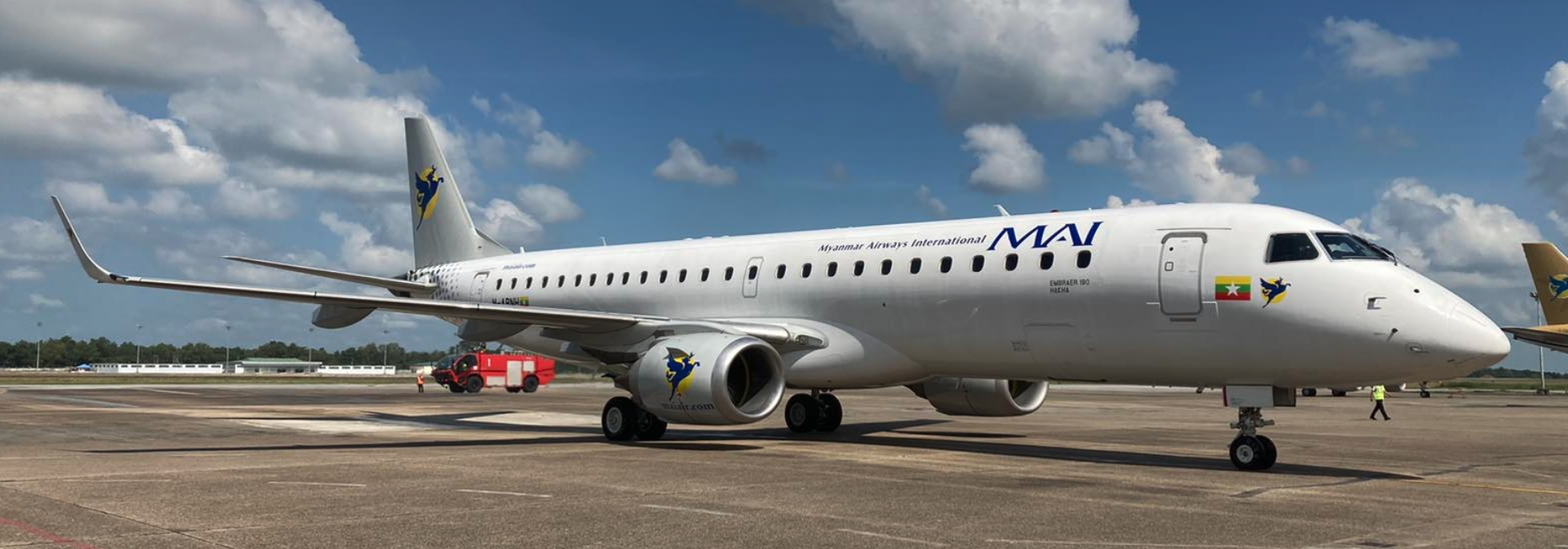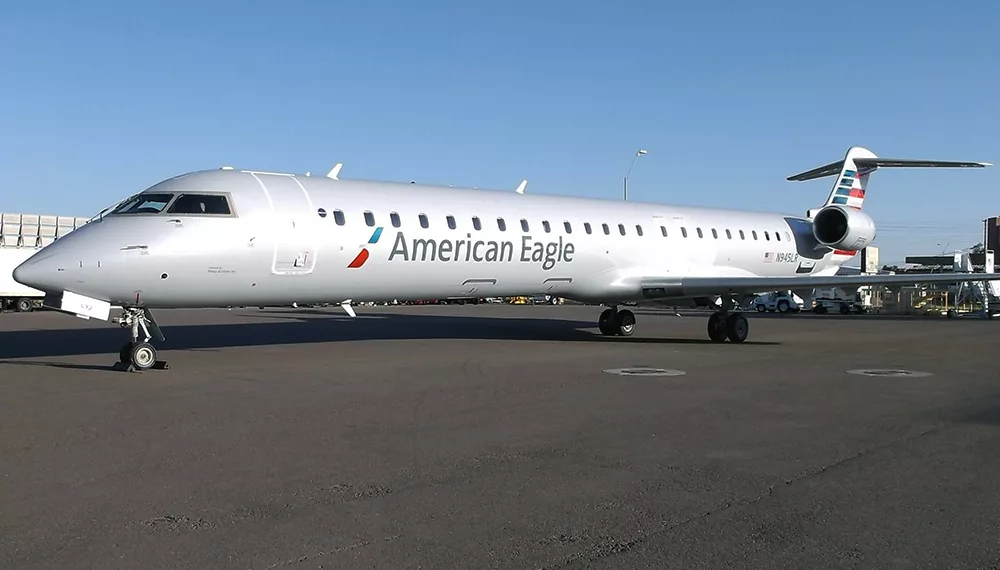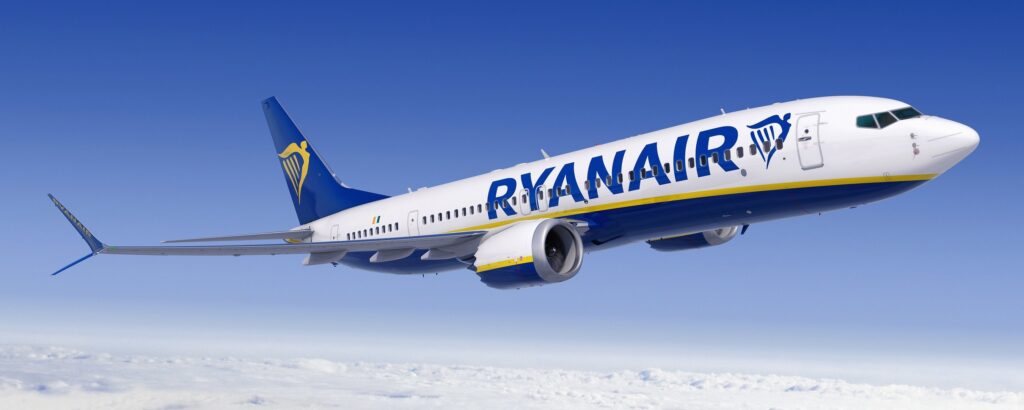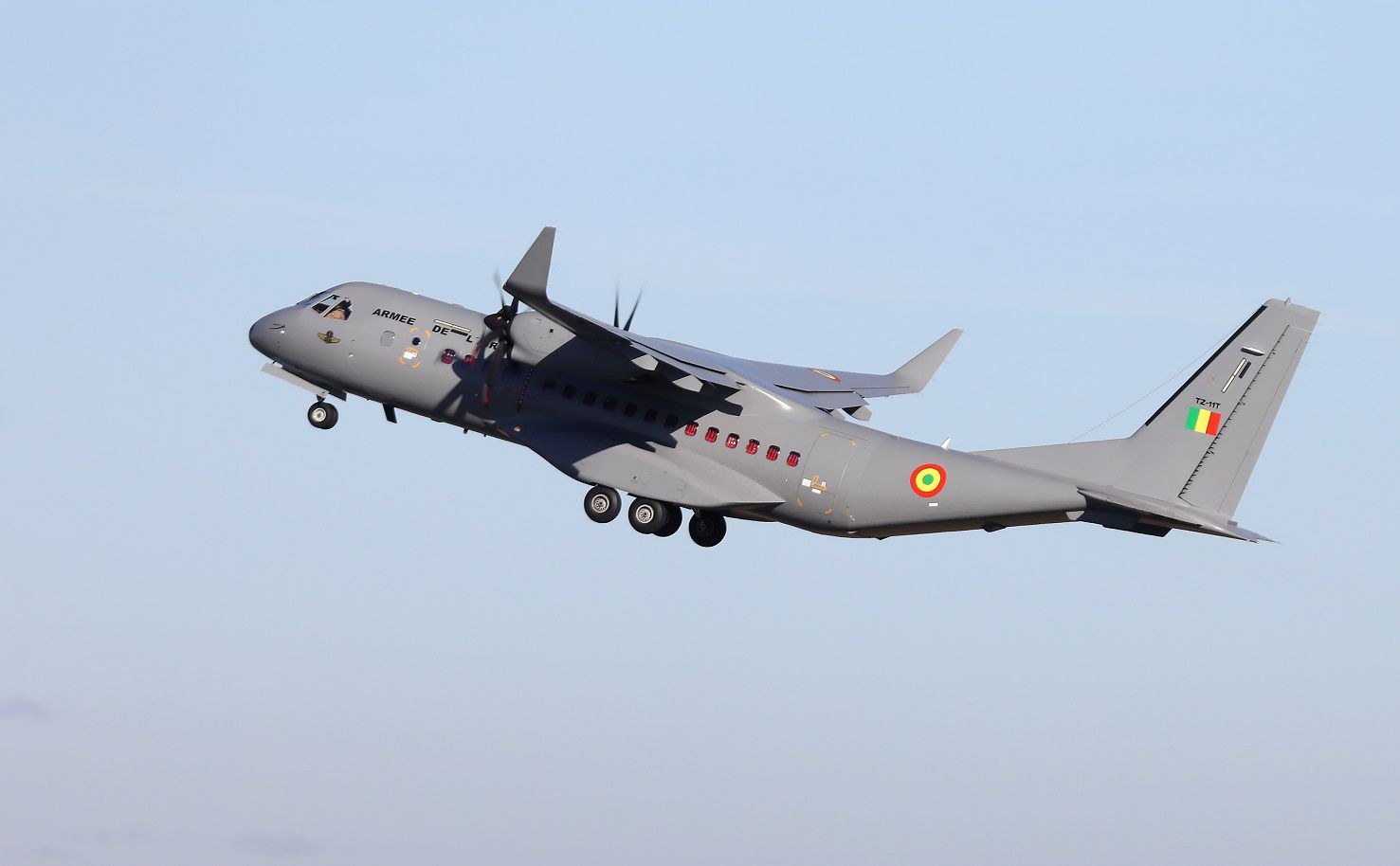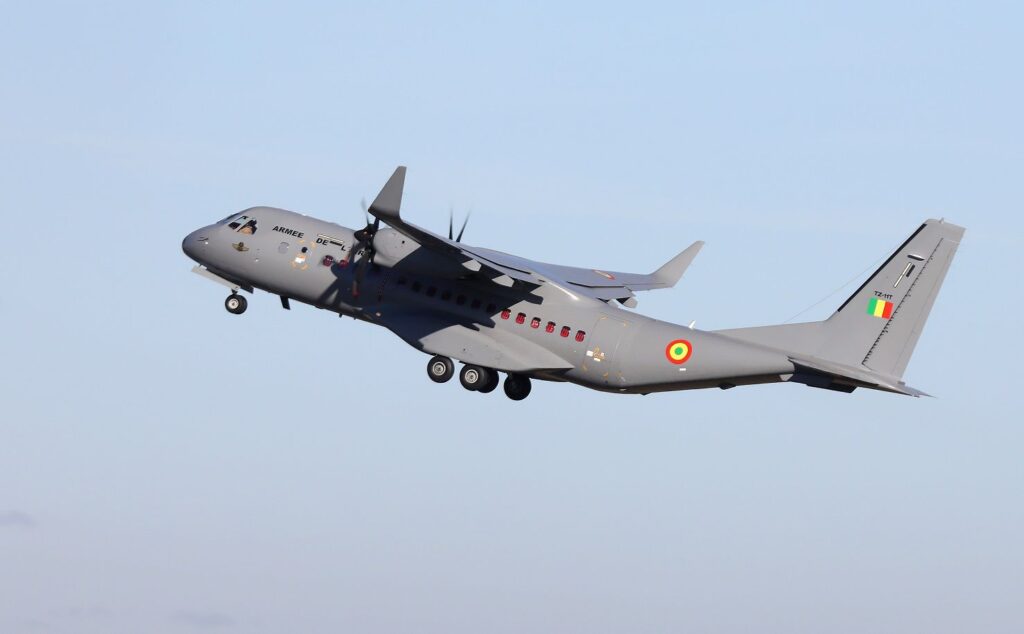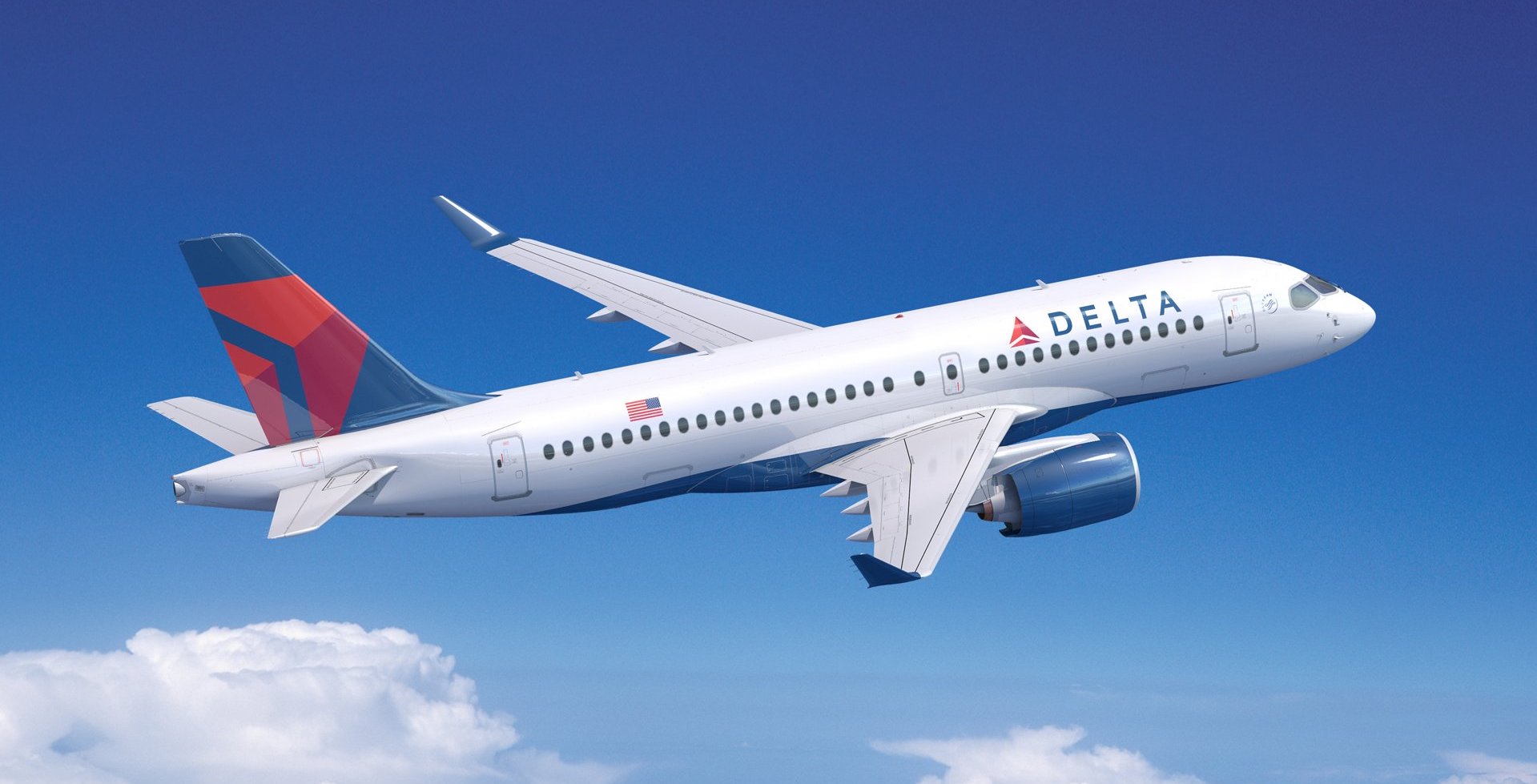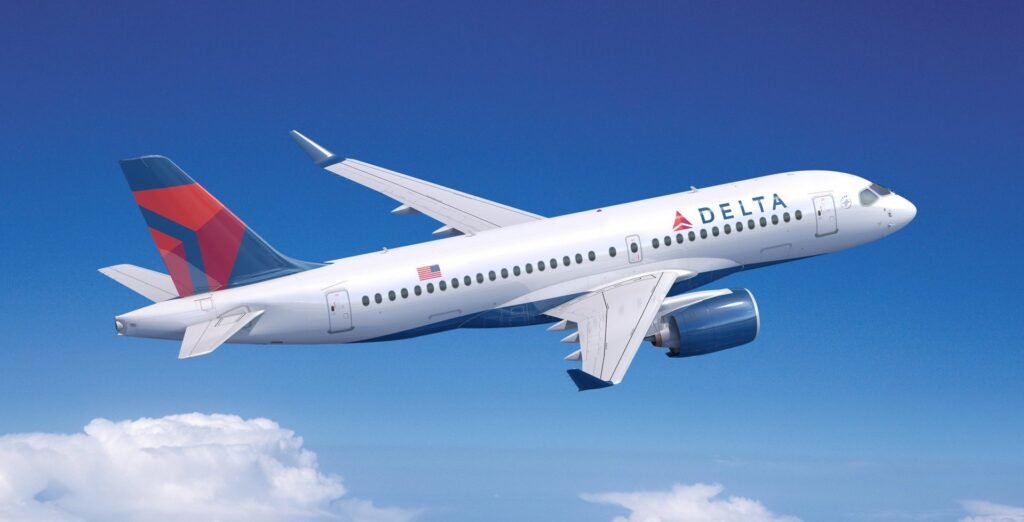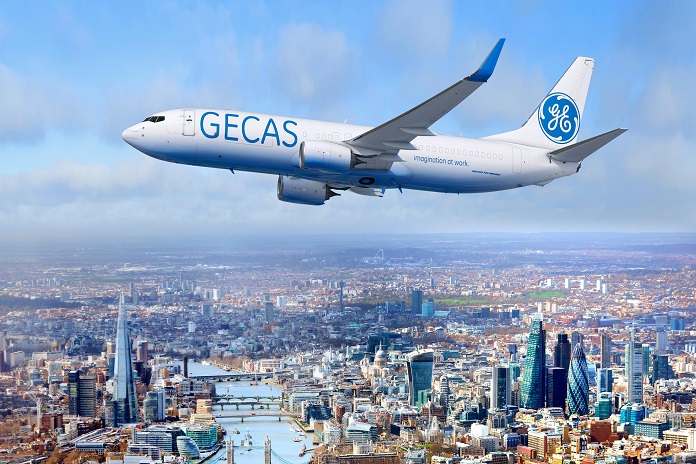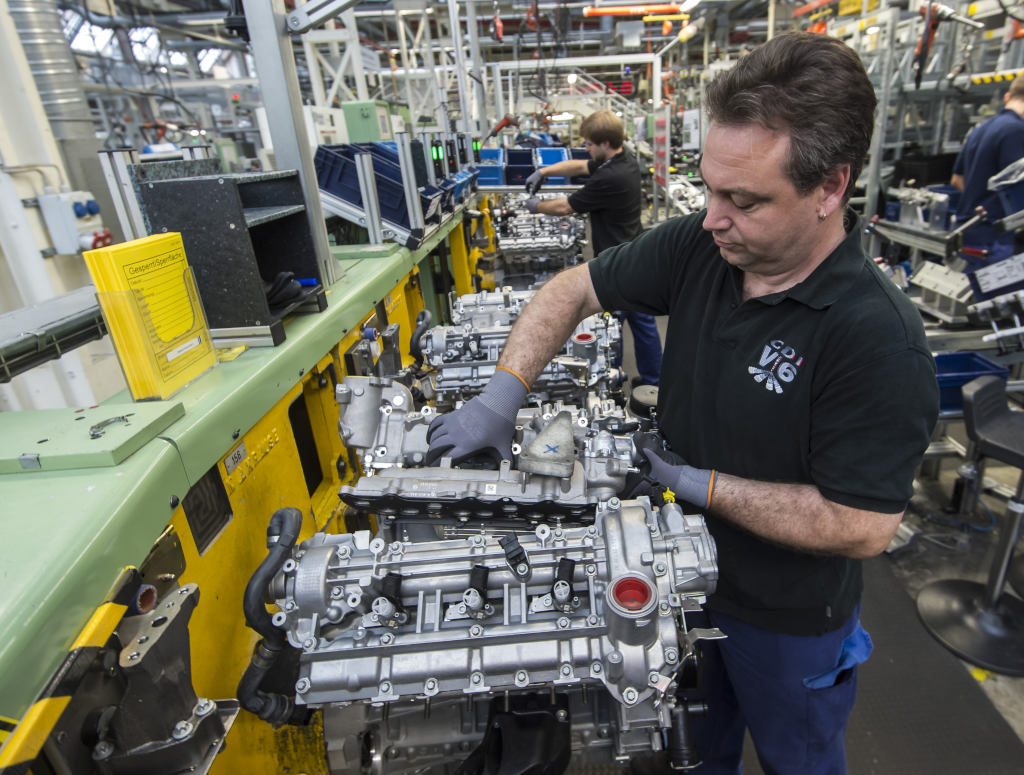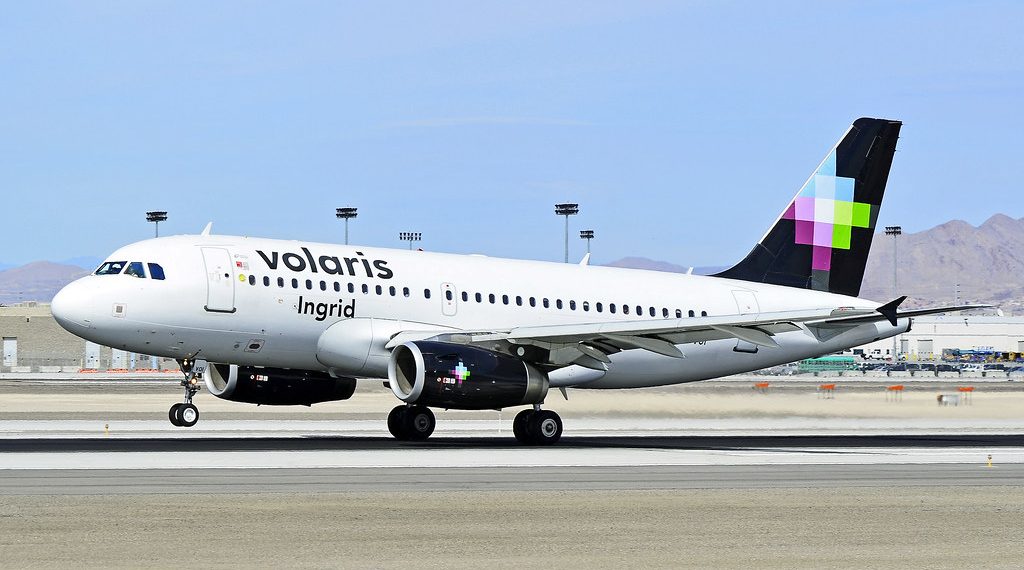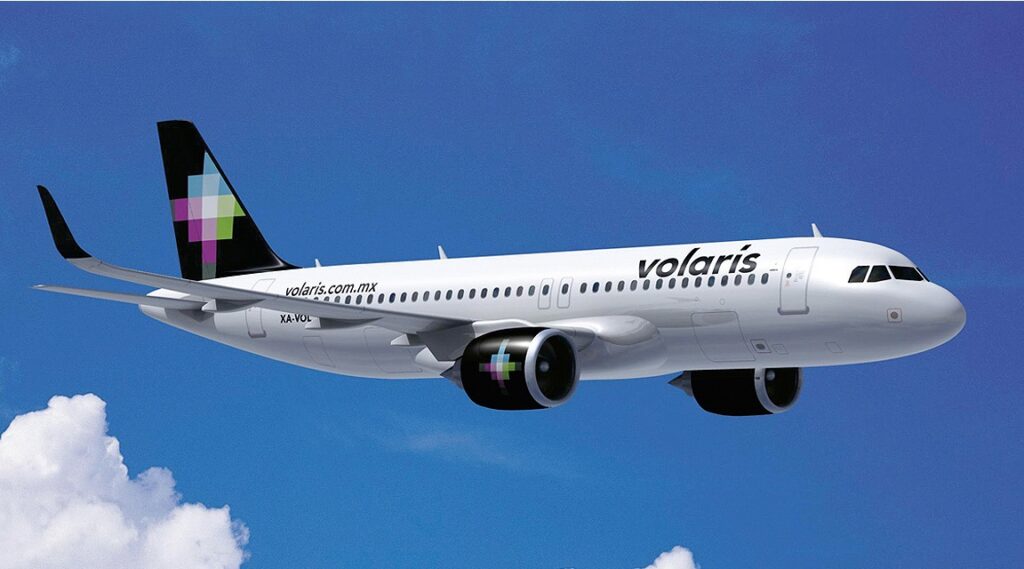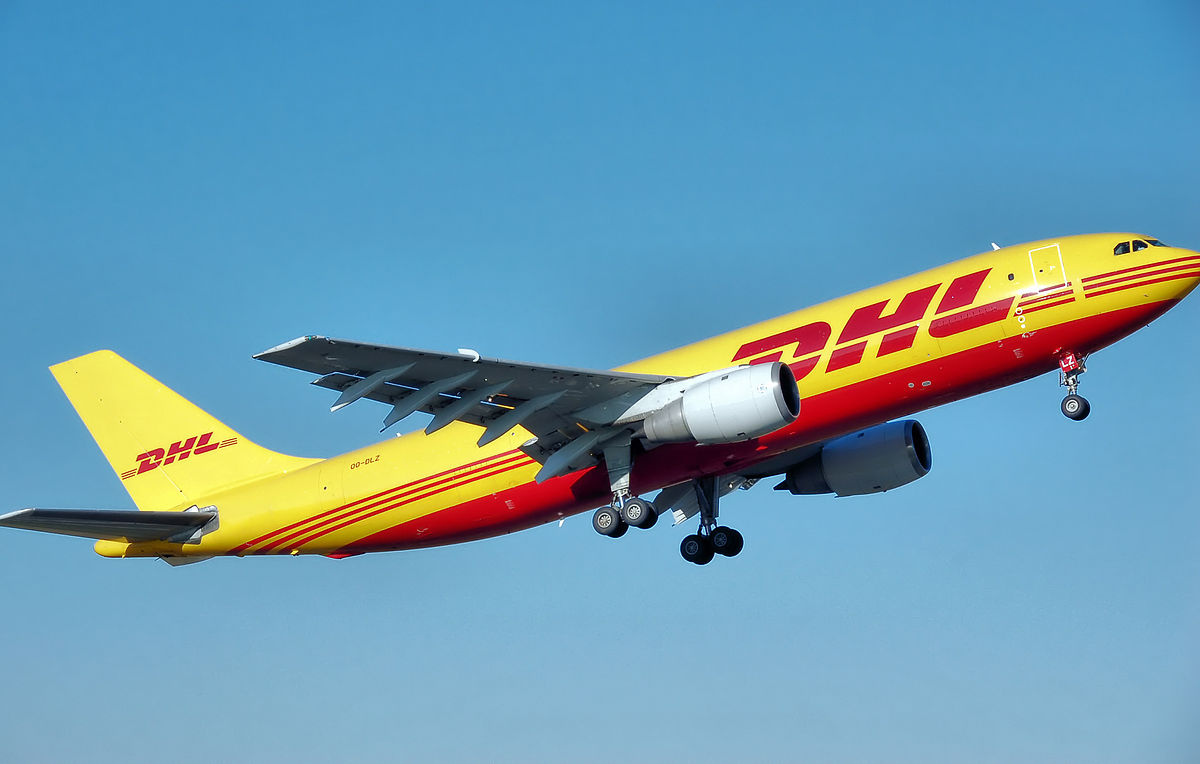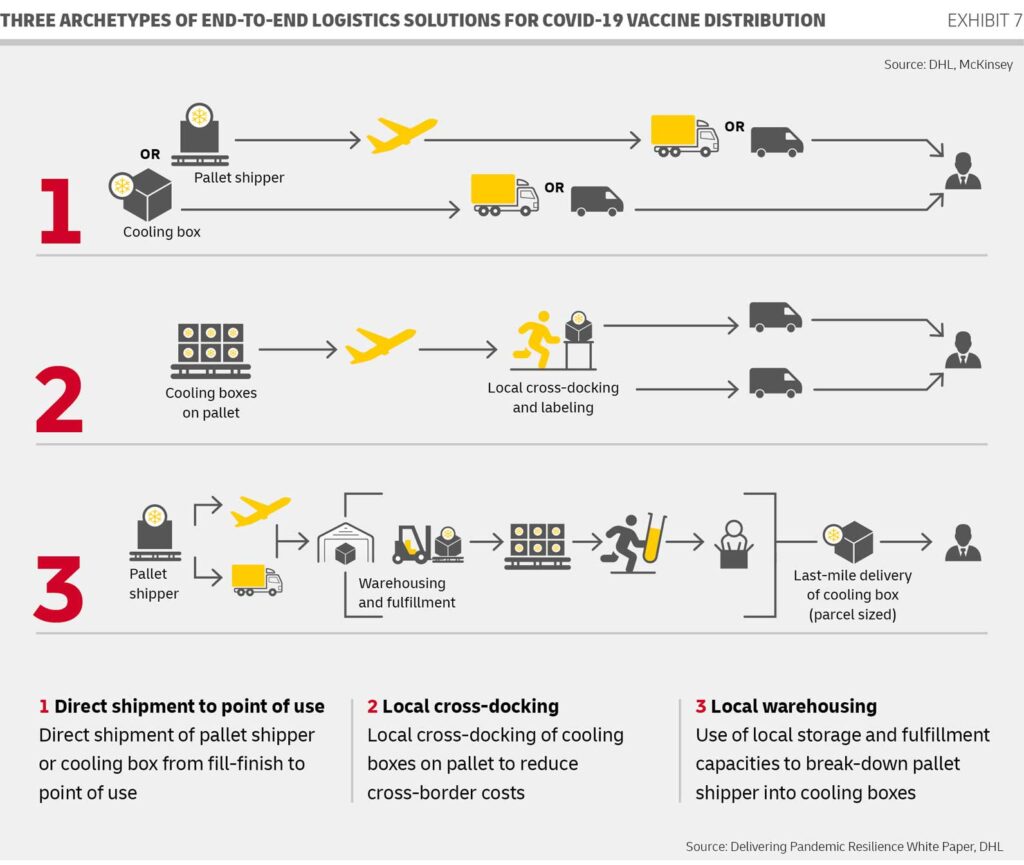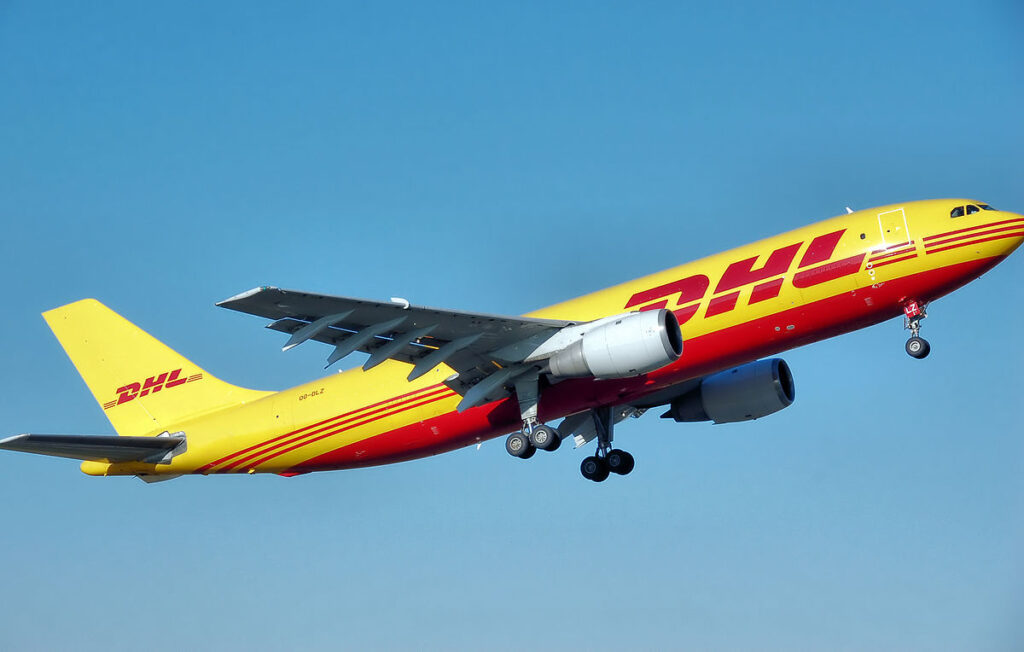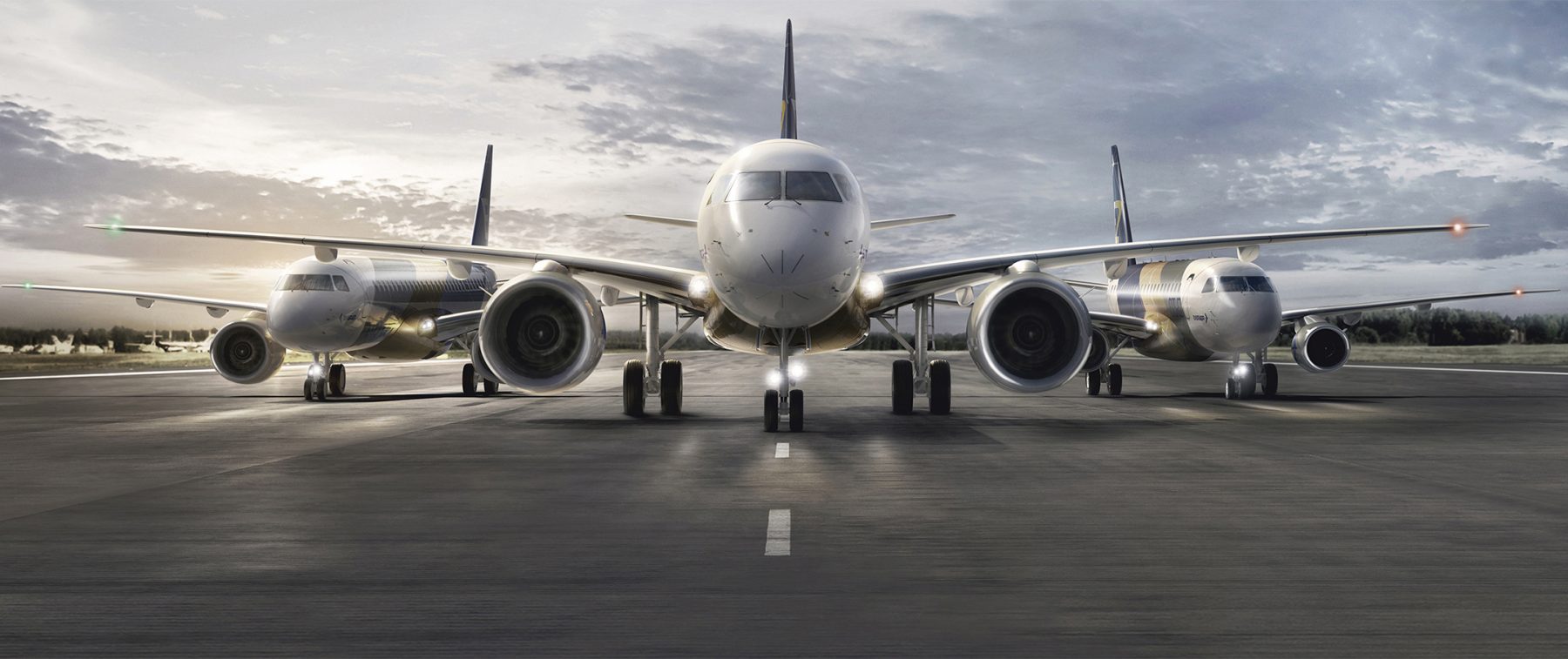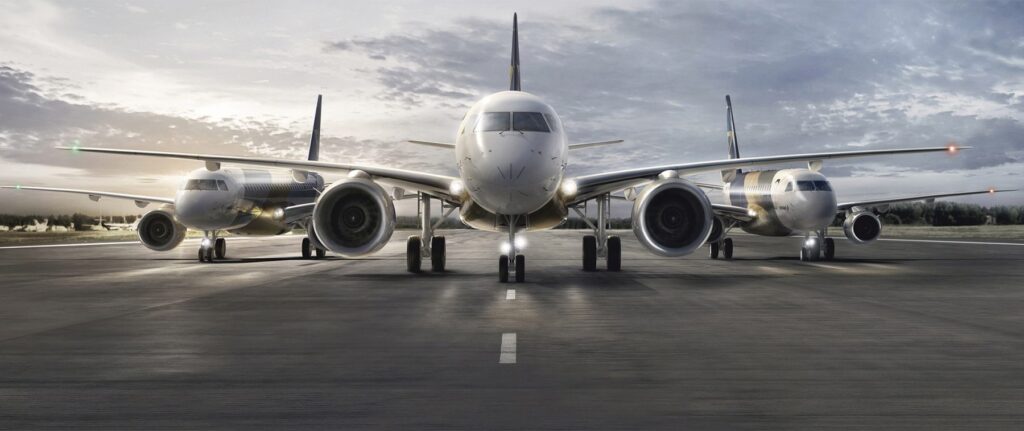Myanmar Airways International’s (MAI) first E190 commenced operations from Yangon yesterday, operating four flights throughout the day. In addition, MAI’s second E190 is due to arrive in the country on 23 December 2020 and the airline will expand its E190 routes to include nine destinations across the country, upgauging from the turboprops used by its sister airline Air KBZ.
MAI has also signed on for Embraer’s Pool Program – a program enrolled by all E-Jet operators in Asia Pacific. There are now four new E-Jet operators in Asia Pacific (ex. China) since the start of 2020.
“Our pilots, cabin crew, maintenance crew and our staff are proud to take MAI’s E190 to the skies and to serve our passengers with an enhanced flying experience,” said Saravanan Ramasamy, Chief Executive Officer of MAI. “We look forward to a productive partnership with Embraer. The operation of the E190 marks yet another important milestone in MAI’s fleet expansion strategy and domestic jet network growth. As the demand grows, we plan to scale up the frequency of our E190 operations to eight flights a day.”
“The commencement of Myanmar Airways International’s E190 flights will enhance connectivity in Myanmar,” said Raul Villaron, Asia Pacific Vice President for Embraer Commercial Aviation. “The airline will benefit from the performance and efficiency of the aircraft and generous cargo capacity. Passengers will appreciate the comfort in the cabin. Myanmar Airways International can operate with full confidence that our excellent service and support team are here to support them.”
In preparation for the E190 operations, eight MAI pilots underwent the month-long Initial Pilot Training in September 2020 in Zhuhai, China. Separately, Embraer conducted the license-engineer type course for MAI’s engineers. Embraer’s Pool Program, which MAI has enrolled in offers full repair coverage for components and parts, airframe maintenance, and unlimited access to a large stock of components at the company’s distribution centers. Operators benefit from significant savings on repair and inventory costs, reduction in required warehousing space and resources required for repair management, while ultimately providing guaranteed performance levels. Singapore is the base for Embraer’s warehouse in the Asia Pacific region.
Embraer is the world’s leading manufacturer of commercial aircraft up to 150 seats with more than 100 customers from all over the world. For the E-Jets program alone, Embraer has logged more than 1,800 orders and 1,600 aircraft have been delivered. Today, E-Jets are flying in the fleet of more than 80 customers in some 50 countries. The versatile 70 to 150-seat family is flying with low-cost airlines as well as with regional and mainline carriers.
